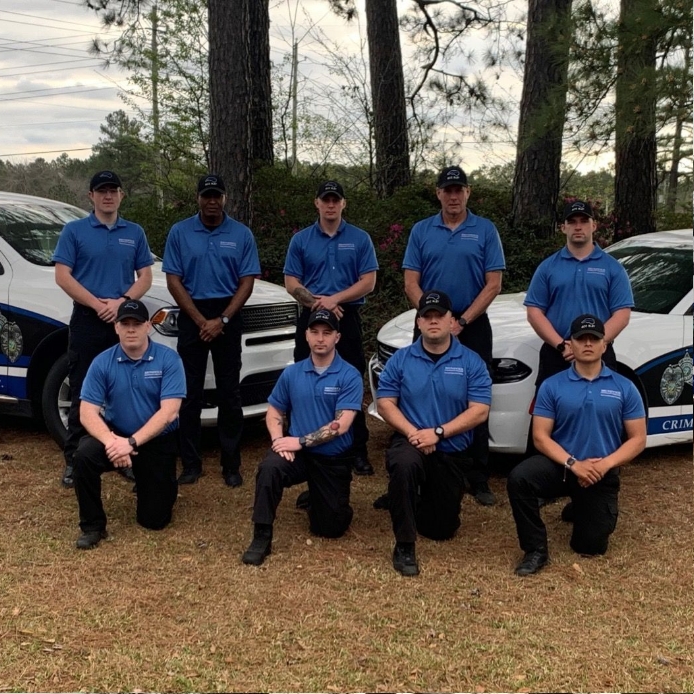Public Safety
BCC offers several Public Safety programs. These include 911 Communications and Operations, Basic Law Enforcement Training, Criminal Justice, and Public Safety Administration. For additional information, contact OneStop Student Services or Department Chair Lisa Fields at [email protected].

911 Communication and Operations
The 911 Communication and Operations degree program provides students with the knowledge and skills they need to pursue a career in emergency communications. Stay close to home to complete this degree program!
BCC has partnered with Richmond Community College to offer 911 Communication and Operations training to BCC students. Students complete the first two semesters of this program through BCC, and then complete the direct 911 courses online through Richmond Community College.
Employment opportunities include advancement in the public safety telecommunications field with a variety of employers, including local government emergency communications centers, county sheriffs’ offices, local law enforcement, fire and EMS agencies, emergency management, and related emergency dispatch operations.

Basic Law Enforcement
Basic Law Enforcement Training (BLET) is designed to give students essential skills required for entry-level employment as law enforcement officers with state, county, or municipal governments, or with private enterprise.
Students must successfully complete and pass all units of study mandated by the North Carolina Criminal Justice Education and Training Standards Commission and the North Carolina Sheriffs’ Education and Training Standards Commission to receive a certificate.

Criminal Justice
The Criminal Justice Technology curriculum is designed to provide knowledge of criminal justice systems and operations. Study will focus on local, state, and federal law enforcement, judicial processes, corrections, and security services. The criminal justice system’s role within society will be explored.
Employment opportunities exist in a variety of local, state, and federal law enforcement, corrections, and security fields. Examples include police officer, deputy sheriff, county detention officer, state trooper, intensive probation/parole surveillance officer, and loss prevention specialist.
On-line program options available.

Public Safety Administration
The Public Safety Administration curriculum is designed to provide students, as well as practitioners, with knowledge and skills in the technical, managerial, and administrative areas necessary for entrance or advancement within various public safety and government organizations.
Employment opportunities exists with fire or police departments, emergency management organizations, governmental agencies, industrial firms, correctional facilities, private industries, insurance organizations, educational organizations, security and protective organizations, and through self-employment opportunities.


